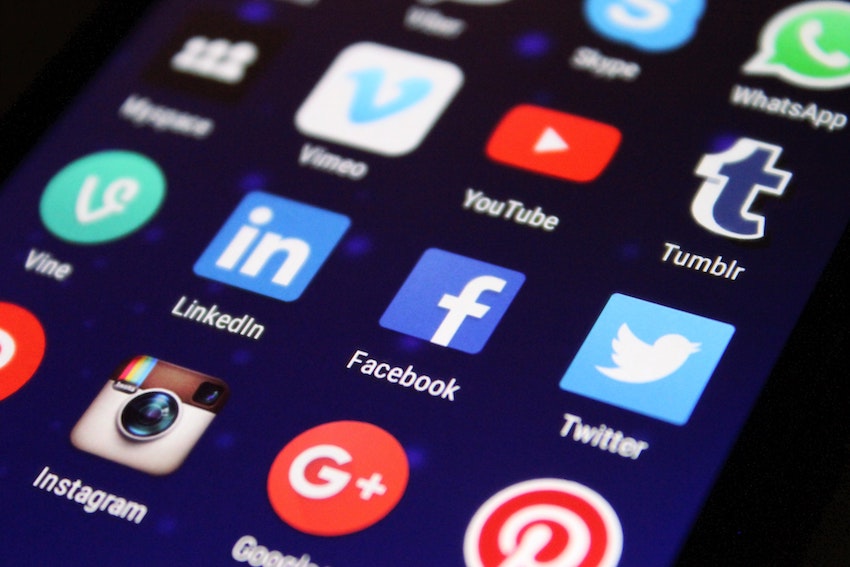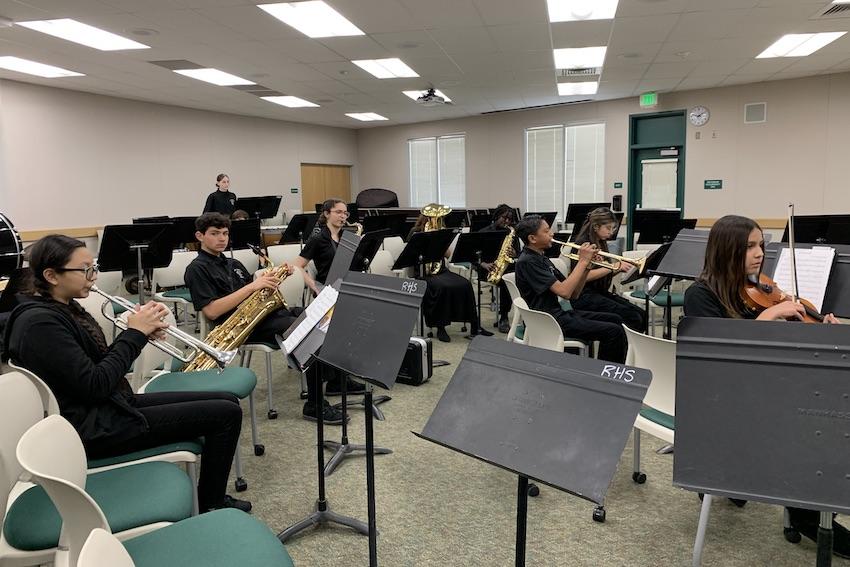Netflix documentary inspires conversations on media use
Over the past decade, platforms like Twitter, Instagram or Snapchat have become the prominent outlets for connecting with peers. Social media as a whole boasts 3.5 billion users per day. In an age where networking continues to evolve and progress, it is impossible to remain unaffected by these technological changes – whether in a positive or negative light.

The impact of social media is especially evident to business owners and aspiring companies, as 73% would agree that it has been an effective tool for marketing. It boosts success to many and also helps to better connect people who are unable to meet in person (especially in a time of social distancing).
Despite the many positive aspects of social media, it is also partially responsible for the 56% rise in teen suicide over the past decade as well as the growing cases of anxiety and depression.
Recently, Netflix released a documentary called “The Social Dilemma” to unmask the influences that social media contributes to society and young people in particular. The story follows a family of five whose dynamic is negatively affected by the use of social networking.
Two teenagers in the family are constantly seen on their phones and could not endure one dinner without checking notifications. It switches back and forth between this fictional family to media experts with inside information on the addictive platforms.
After viewing the documentary, FCS parent Silva Emerian does not relate to the family in the story as her two children do not have social media accounts. However, she became more aware of how social media has impacted her own life.
While Emerian knew a lot about the dangers of these platforms prior to watching the film, she became more aware of specific reasons to limit her screen time. She believes that anyone with social media accounts or a smartphone would benefit from watching the movie.
“As wonderful as it is to stay connected these days, especially with the pandemic, I feel that this generation of youth will suffer due to the negative effects of social media,” Emerian said. “There’s no walking back from smart phones and social media as we are living in a digital age-even I wouldn’t want to give them up. But it’s too easy to become distracted, disengaged and trapped by social media.”
The documentary poses a Truman Show feel, as it begins to form the idea that the more people use social media, the less they are in control of their own lives. According to the movie, tech giants track peoples’ interests according what they like, watch and share. Then, using that information, they manipulate the user to spend more time with these products.

Senior student Mackenzie Beckworth feels that the movie accurately represented her relationship with social media, in terms of pointless time wasting. With a few social media accounts herself, Beckworth believes they have had an overall negative impact on her life.
“I have an Instagram and a Pinterest,” Beckworth said. “It’s affected me dramatically, as it would distract me from important things and I would get anxiety when I would get off it. I’m actually thinking about completely erasing my social media accounts.”
Out of experience, former Google design ethicist and voice in the documentary, Tristan Harris, sees social media as a product that controls the user rather than a user who controls the product. “Social media isn’t a tool waiting to be used. It has its own goals, and it has its own means of pursuing them by using your psychology against you,” he quotes in the movie.
High school Bible teacher and leadership advisor Aubri Foster was not shocked to find the evidence of social media influence after watching the film. Foster believes this generation of youths would benefit from having more discussions about reality when it comes to viewing life through a screen. She reflects on the impacts of social media in light of her faith.
“Comparison is the thief of joy so I think this generation is constantly bombarded with images that they compare themselves to,” Foster said. “I think that we need to have more conversations about reality and about comparison and finding our identity in Christ, especially here at FCS where we can talk about that because it isn’t about how many likes you get because you are pretty liked by the guy who created you.”
Some people view social media as a helpful tool for marketing and connecting with friends, others as a scheme to manipulate people, and many a little bit of both. With the observations and statistics from experts in the film, few would disagree that social media impact is a topic of conversation that should be discussed more often.
For more articles, read Football overcomes pandemic postponement, preps for upcoming season and Should students care about voting and elections?
Jewel Chandler can be reached via Twitter @JewelCh93942415 and via email.







